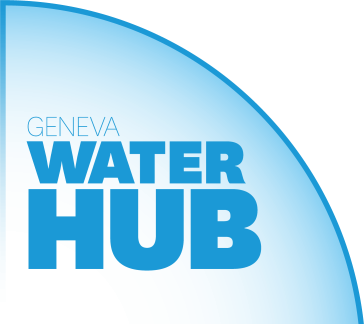
9th World Water Forum - Day two analysis
Exploring the financial innovations of the World Water Forum
Financing sustainable development can be a challenging endeavour, as classical banking typically seeks financial returns, and activities that are profitable do not in and of themselves deliver social or environmental benefits. Through research and experimentation, new approaches can be developed that deliver on the triple bottom line of people, profit and planet. Over the last 24h some very interesting new initiatives have been presented at the 9th World Water Forum, and since this forum is designed to deliver some concrete commitments and responses devoted to concrete responses, it is interesting to explore some of the financial innovations that have been presented over the last 24 hours.
First, in the context of the Dakar Forum, a Blue Fund has been proposed in the context of the Organisation pour la Mise en Valeur du Fleuve Senegal (OMVS), the transboundary River Basin Organisation dedicated to international cooperation and development created in 1972. The OMVS is exemplary as a model of peaceful and constructive cooperation for development and following a roundtable discussion on the theme of water as a vector for peace in 2021, stakeholders felt the need to further strengthen the mutual trust between institutions, (sub)national government and local populations to advance regional development and reverse the decline in security in the region. As such shared space for financing is being established during the Forum: the blue fund is not a classical fund but a "virtual counter" which can finance a broad range of projects developed through consultations and with a strong social and environmental impact. The fund will be dedicated to increase economic resilience in the basin and take account of the livelihood and income generating requirements of local populations to regenerate social cohesion. The initiatives that emerge will be among those earmarked projects which will serve to demonstrate the capacity of the 9th Forum to deliver practical results.
Secondly, panning out to a broader geographical scope, there is the Blue Peace Financing Initiative promoted by the United Nations Capital Development Fund and the Swiss Agency for Development Cooperation. This initiative departs from the observation that water insecurity costs the global economy some US$ 500 million, and global capital flows for the development of water resources have a tendency to flow towards sovereign states rather than to subnational entities which often have been mandated to ensure service delivery. Through the multistakeholder dialogues that are anchored in the policies and practice of Integrated Water Resources Management, cooperation frameworks can be constructed that deliver development options based on dialogue and peaceful interactions. The multi-stakeholder cooperation framework are thus transformed into investment platforms which function in essence as Blue Bonds, in the same way that Green Bonds have emerged to respond to the need for environmental projects which, especially, bring about climate benefits. Currently the master planning phase of the first Blue Bond has commenced, aiming to achieve a peace dividend which creates the enabling environment for economic and social development in a stable setting.
Third, the Islamic Development Bank and UN Habitat shared lessons on upscaling the delivery of Community Wide Inclusive Sanitation (CWIS). The CWIS approach aims to shift the paradigm on sanitation delivery, opening the space to respond to some key realities of urban, semi urban and rural areas. In Senegal for instance, 45% of the population lives in urban areas, but the rate of growth of urban areas is 2,5% per year and soon the majority of the population of Senegal will living in urban areas. This rate of growth is, however, not matched by the development of basic sanitation services or wastewater management, and the effects of climate change serve to increase the frequency of extreme weather events and reduce water quality. The CWIS approach requires a frank assessment of the reality that while some spatial development has taken place in a planned fashion and includes both sanitation and wastewater, there is also extensive and unplanned development. In order to leave no-one behind, a range of different solutions need to be provided which include sewered and unsewered and centralised or decentralised services. CWIS provides a range of different technologies as well as different business models: in many areas households do have the resources to invest in sanitation, in other areas the value chain needs to be analysed in order to assess whether there are activities that are possible that generate revenue to cover investment costs. Based on positive experiences with the CWIS approach, the Islamic Development Bank is embracing a mixed and tailored approach to sanitation in Dakar.
Dr Tobias Schmitz
Development Advisor, The Water Diplomat

